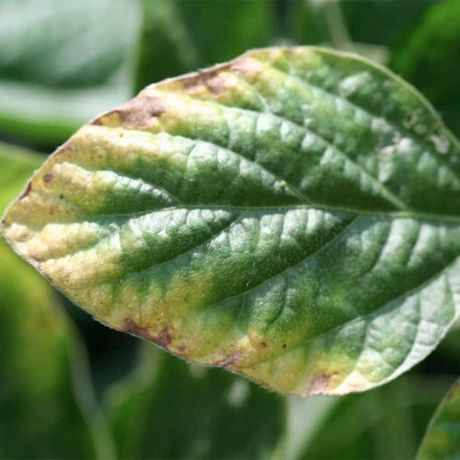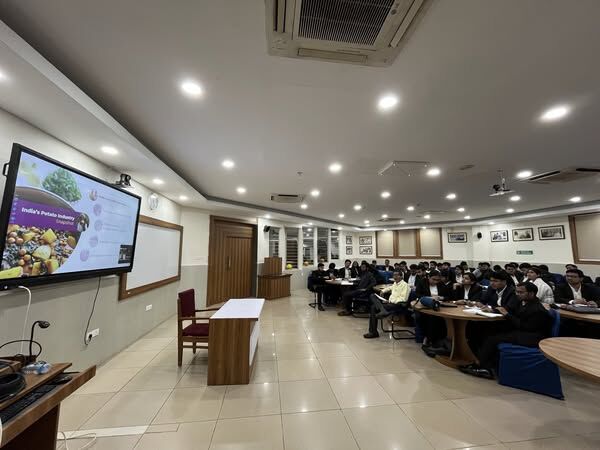Potassium deficiency, often overshadowed by concerns about nitrogen and phosphorus, emerges as a silent threat to global food security, compelling a closer examination of its impact on agricultural sustainability and productivity.
Recent findings reveal troubling trends in potassium depletion, with 20% of global soils identified as deficient in 2023, particularly in regions like East Asia and Latin America. The root cause of this issue stems from unsustainable soil-nutrient mining practices, exacerbating shortages in critical agricultural regions and raising alarms about the vulnerability of import-dependent nations, given the concentration of global potassium reserves in a select few countries.
Compounding the challenge, potash mining, the primary source of potassium, presents significant environmental hurdles, generating three tons of mine waste for every ton of potassium extracted. This unsustainable extraction process underscores the urgent need for innovative solutions to mitigate its environmental impact.
But how does potassium deficiency impact crop growth?
Disruptions in potassium levels impede crucial physiological processes, including protein synthesis and water balance regulation, potentially leading to stunted growth and the onset of symptoms such as leaf yellowing or burning, primarily observed in older plant tissue due to potassium’s mobile nature.
Addressing these challenges requires a multifaceted approach:
- Exploring Recycling and Reuse: Harnessing potassium from human and animal sewage presents a promising avenue for promoting sustainable agriculture.
- Defining “Sufficient” Levels: Tailoring fertilizer recommendations based on localized assessments ensures optimal potassium levels for crop health and productivity.
SoilBeat, committed to advancing sustainable agricultural practices, empowers agronomists and farmers with actionable insights derived from soil and plant data, facilitating informed decision-making and reducing reliance on synthetic inputs.
Agronomists play a pivotal role in addressing potassium deficiency, leveraging innovative strategies and technologies to enhance soil fertility and crop resilience. How do you confront potassium challenges in your agricultural practices?
The article sheds light on the often-overlooked issue of potassium deficiency in global agriculture, emphasizing its impact on soil fertility, crop health, and food security. It explores the root causes of potassium depletion and proposes actionable strategies for addressing this pressing challenge, underscoring the importance of sustainable practices and informed decision-making in agricultural management.








